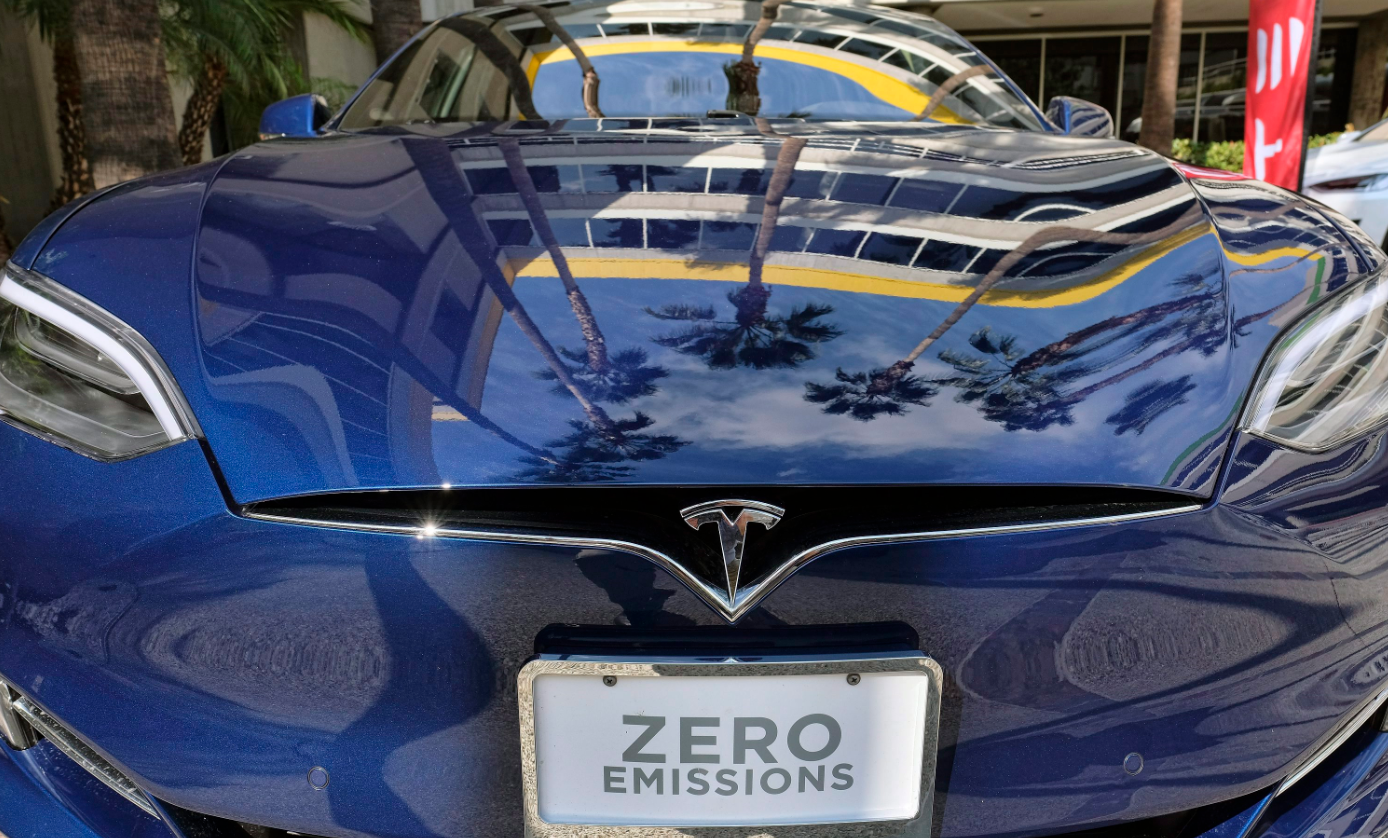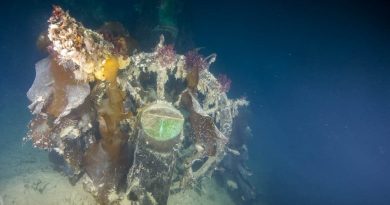Finland bets on electric cars, more renewables in new energy and climate strategy

Government’s new energy and climate strategy focuses on cutting emissions from road traffic by rolling out a quarter of a million electric cars by 2030. It also wants 50 percent of the country’s energy to come from renewables by the year 2020. Interest groups gave the policy blueprint mixed reviews.
The government’s newly-released energy and climate policy aims to cut vehicular emissions and increase the use of renewables. Announcing the new strategy at a press conference Thursday, outgoing Economic Affairs Minister Olli Rehn said that Juha Sipilä’s administration wants more than 50 percent of the country’s energy to come from renewable sources by 2020.
“The basis of the strategy is the Sipilä government programme, common EU targets and Finland’s international obligations,” Rehn said.
The minister said that the central tools for achieving the government’s energy and climate goals are renewable energy, greening the vehicle population and using biofuels. In terms of biofuels, the government has increased the distribution target.
Instead of the current 13 percent of biofuel used in regular petrol, the government intends to nearly triple the requirement to 30 percent by the year 2030.
In terms of road traffic, the government wants to have 250,000 electric cars on the roads by 2030, alongside at least 50,000 gas-powered vehicles.
Greens: Government lagging behind
Immediately after Rehn went public with the strategy, the opposition Greens weighed in, saying that the government’s plan would needlessly hinder climate protection goals. The party accused the administration of ignoring experts by proposing an increase in the use of fuels like peat, which are significant contributors to emissions.
It said that some of the goals outlined were positive, but the government’s strategy would leave Finland behind in terms of international development and the energy revolution.
“The Greens alternative [proposal] would advance the use of renewable energy twice as fast as the government’s. We would be able to achieve a carbon-neutral Finland during the 2030s. It requires policies to combat climate change and limit warming to under two degrees. The EU will step up its emissions reduction targets in the next few years, but this sluggish government hasn’t accounted for that,” Niinistö said on the party website.
“The Sipilä government has missed an opportunity to make Finland a pioneer of the energy revolution and sustainable economy. Instead of this time-wasting the Greens are offering a creative alternative to become a forerunner,” he added.
Energy lobby largely satisfied
Head of the Finnish Energy Industry lobby group Jukka Leskelä said that Finland would likely meet the government’s goals without any special measures.
“Now it seems that vehicle manufacturers around the world are transitioning to electric cars. As we adopt intelligent energy systems and develop electric cars I believe that by 2030 electric cars will be cheaper than fuel-powered cars,” he noted.
Leskelä said that he was also satisfied with the government’s emphasis on biofuels, and its goal to nearly triple the biofuel component in regular petrol.
Forestry lobby: Don’t make any final decisions yet
The Finnish Forest Industries Federation meanwhile has called on government to conduct a thorough assessment of its energy strategy on the operating conditions of the export industry before making any final decisions. The lobby group said that timber should play a key role in increasing renewable energy use.
“A competitive forestry industry is the engine of Finland’s renewable energy production. Decision makers should safeguard its operation and growth from the perspective of exports, employment and renewable energy,” said federation chief Jouni Punnonen.
According to the organisation the strategy did well to recognise the fact that the EU is preparing a broad set of different energy and climate regulations that will set the framework for national policies.
“The bio-economy is one of government’s flagship programmes. The government should do everything to ensure that EU decisions on sustainable biomass policy, timber’s carbon neutrality in energy output and the role of forests as carbon sinks in combating climate change do not restrict the growth of a sustainable bio-economy,” Punnonen added.
Related stories from around the North:
Canada: Trump’s election a cold reality check for Arctic, Blog by Mia Bennett
Denmark: Obama and Nordic leaders pledge Arctic cooperation, Alaska Dispatch News
Finland: Finland’s Foreign Trade and Development Minister concerned about Trump’s climate policy, Yle News
Russia: Russian fisheries say they will safeguard Arctic stocks, The Independent Barents Observer
Sweden: Sweden’s climate minister worried about Trump’s stance on global warming, Radio Sweden
United States: Here are a few things some Alaskans are hoping to get out of President-elect Trump, Alaska Dispatch News



